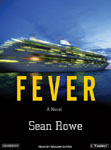
 The SFFaudio Podcast #330 – Jesse, Paul, and Marissa talk about Dr. Futurity by Philip K. Dick.
The SFFaudio Podcast #330 – Jesse, Paul, and Marissa talk about Dr. Futurity by Philip K. Dick.
Talked about on today’s show:
Time Pawn by Philip K. Dick, 1960, The Little Black Bag by C.M. Kornbluth, Science Fiction Hall Of Fame: Volume 1, The Marching Morons by C.M. Kornbluth, Idiocracy, if smart people don’t have babies…, a kind of Heinleinian authority, a little grey case, his bag is missing, grey vs. black, a doctor from the past visiting a future society, medicine as a crime, interfering with euthanasia, another weird interesting post nuclear war world, primitive or advanced?, we don’t talk about death, reflecting our world back at us, youth culture, worshiping youth, movie heroes used to be old men, Logan’s Run, Nolan’s world, what is the appeal of that world?, a culture will run things for you if you don’t think a lot, the Ancient Egyptian culture of death, you will live your life in your death, the soulcube, immortality through the species itself, The City And The Stars by Sir Arthur C. Clarke, nobody wants to see that, kids are stupid, the wisdom of the grandmothers, the Vietnam War, genetic stupidity, Language For Time Travelers by L. Sprague de Camp, Stargate, Astounding, an editorial note for Time Pawn, the right to live, ruthless euthanasia, time travel, Dr. Jim Parsons, the character is a time pawn, the second arrow, an inevitability, to ensure their own existence, deterministic, the standard classic scene, being careened, the auditorium at the first Beatles concert is only filled with time travelers, Dick’s take on time travel, familiar stars. not familiar? why aren’t they familiar, figuring out the future of the character as he’s writing it, “huh, that’s weird”, completely unpredictable vs. completely predictable, van Vogtian, Paul employs a railroad metaphor, Sir Francis Drake, line by line rewrites, from New York to San Fransisco, matter to mine, Time Pawn vs. Dr. Futurity, glittering vs. illuminated, darting like silver fish, no aircars?, nobody is going to be reading Time Pawn anytime soon, “the chamber was a blaze of light…dead gods waiting to return”, a rushed novel?, what’d you do with all that?, standard Dick tropes: a wife shuffled to the side, missing the wife less in Dr. Futurity, the description of the women is much lengthier, always heaving breasts, there’s no questioning of reality, no surveillance, less questioning, an uncharacteristically straightforward story, it feels like all the other Ace Doubles, in the mode of reading SF, all the tropes are assumed, Margaret Atwood, Michael Crichton, going through the evolution to understand the SF tropes: Wells -> Gernsback -> the 60s, three a week, that’s all we need to know, airbags everywhere, flame retardant spray, toxic chemicals vs. being on fire, we live in a screwed up culture, mercury poisoning, asbestos, guide beams, the google car, GPS, if there was a solar flare…, Aftermath, a Charles Sheffield novel, old infrastructure could save us, Cuba, Alpha Centauri goes supernova, the Three Hoarsemen podcast, steam-punk without the steam is just punk, Pastwatch: The Redemption Of Christopher Columbus by Orson Scott Card, a monster, the Columbian exchange, Dick has just read about Sir Francis Drake, Drake’s voyage, he’s famous for making Queen Elizabeth I a big pile of money, Expo 86, the Golden Hind, Drake’s landing point, Oregon, Vancouver Island, Nova Albion, Albion, British Columbia, albino, a weird figure to fixate on, Cortez, Pissaro, The Mask Of The Sun by Fred Saberhagen, caught in the machinations of time traveling empires, more bushwhacking, Daniel Abraham, the way they talk in this future society, it keeps not working, his presence eventually changes their society, starting that whole tribe, the scene with the arrow, a predestination paradox, those stone markers, “I’ll get around to it”, that whole planet is covered in markers, the way Dick ended it, leaving it loose, why Time Pawn is so much of a better title, he feels he is the chess master after a certain point, the extended spaceship to Mars scene, the robot computer with a rat brain, such a creepy scene, “I wonder what’s going to happen”, if the character doesn’t want to get on track, what’s that about?, what are those guns for?, Shupos?, always people confronting him, make remarks about the women, this is NOT a book written by committee, don’t read this as your first Dick, more fodder for your feed.
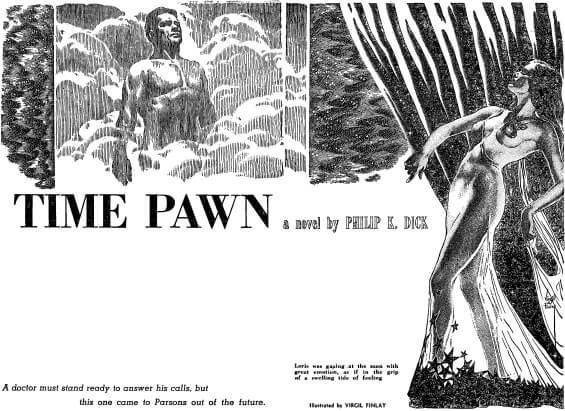
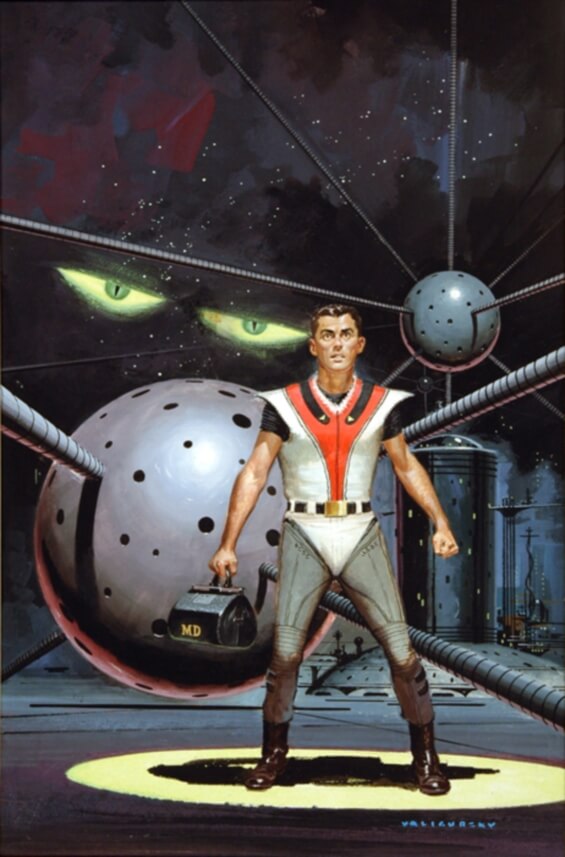
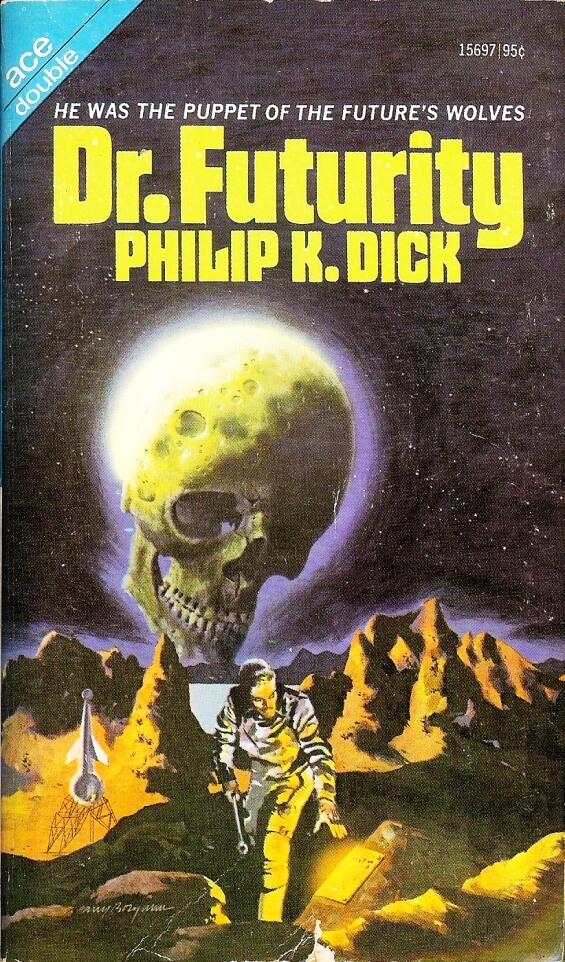
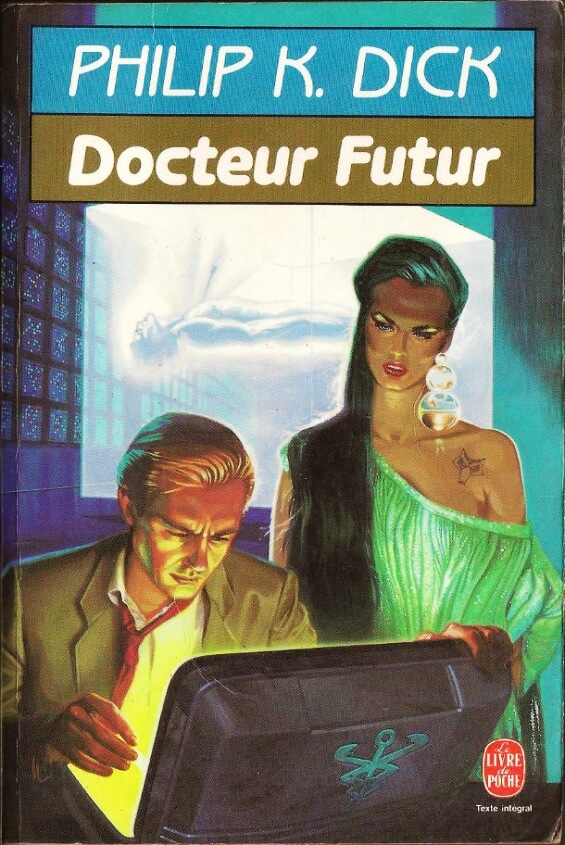
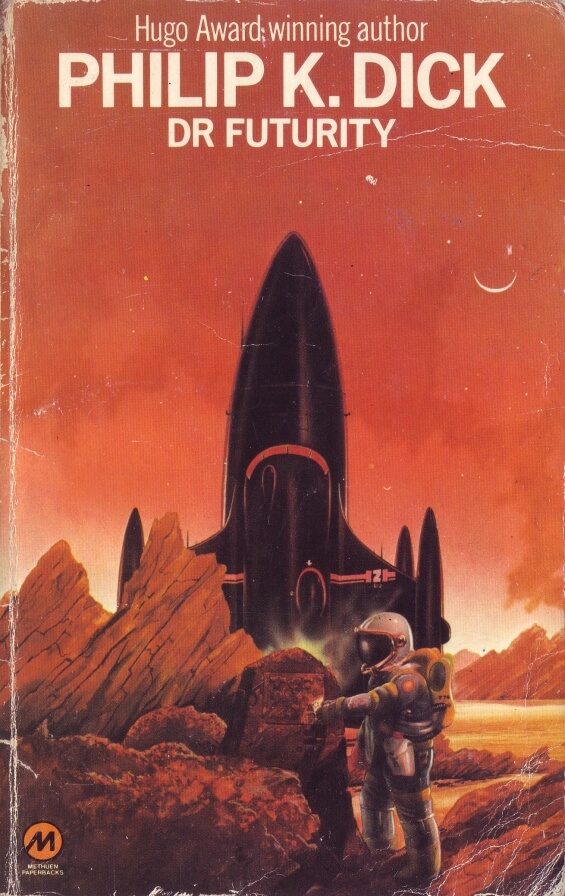
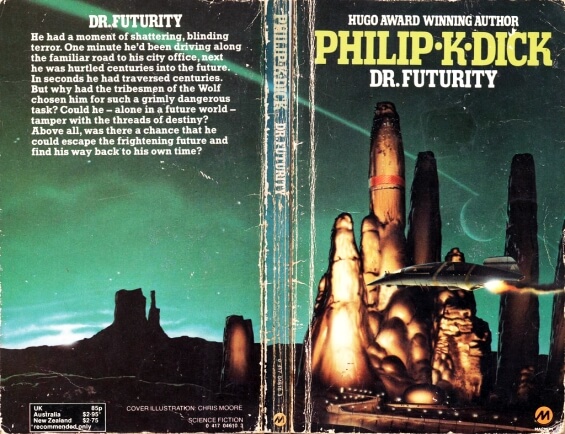
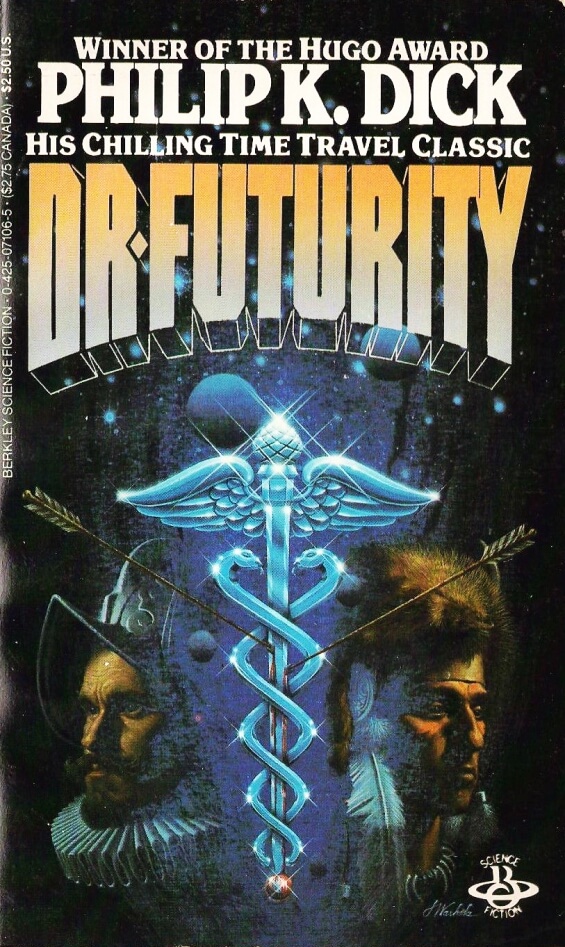
Posted by Jesse Willis
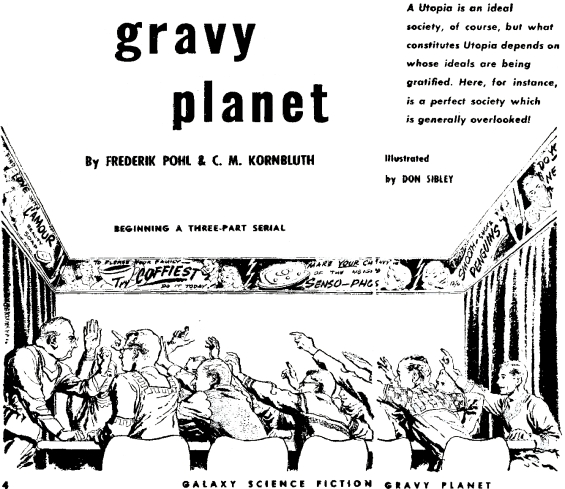

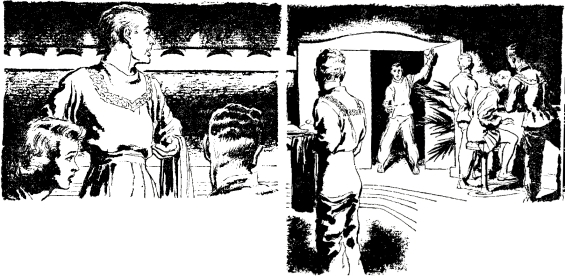
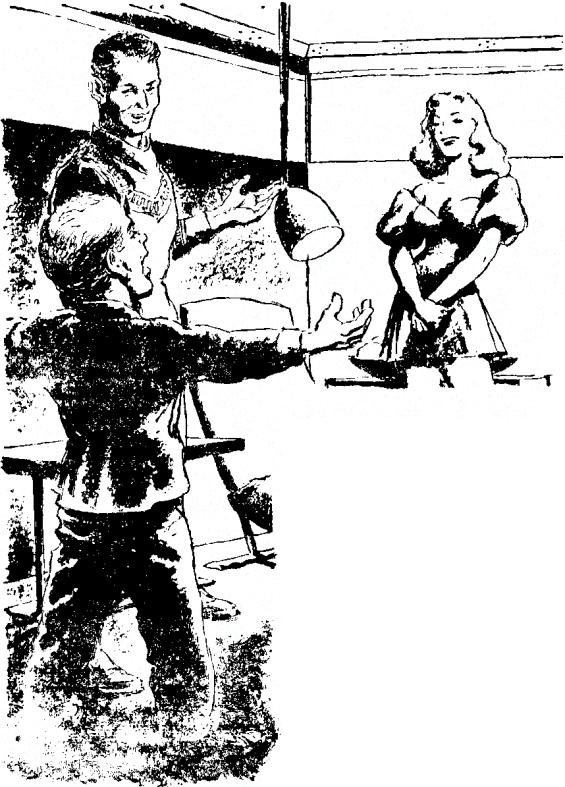

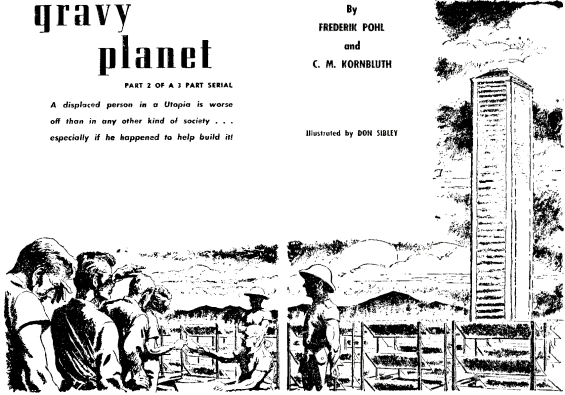
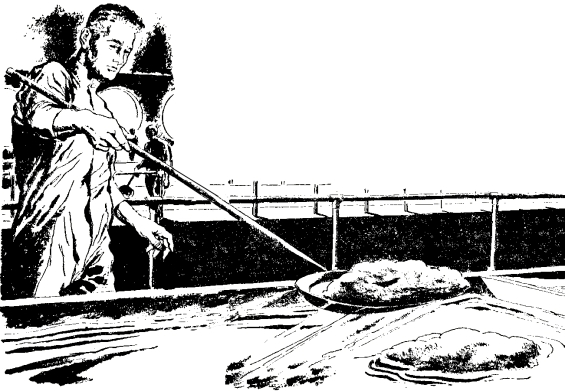
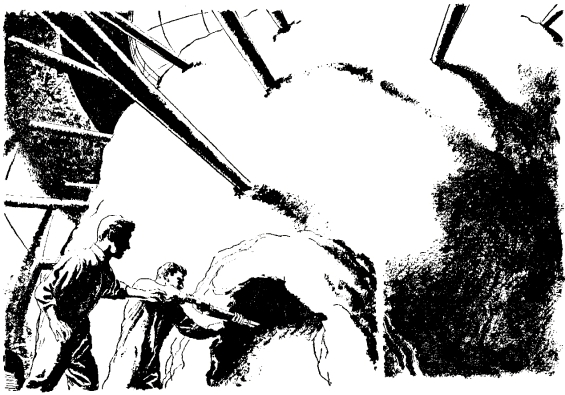
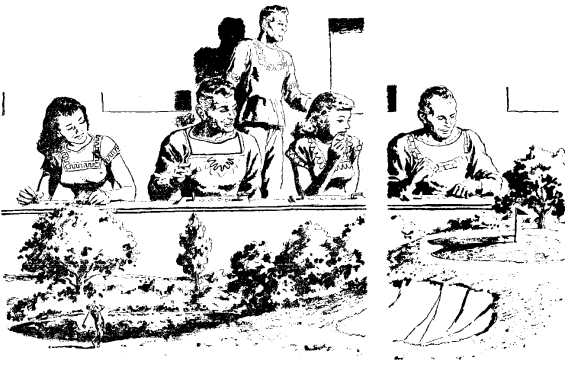
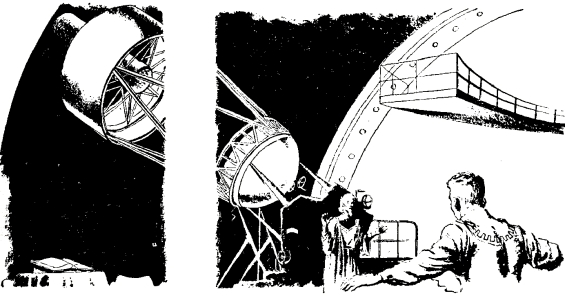
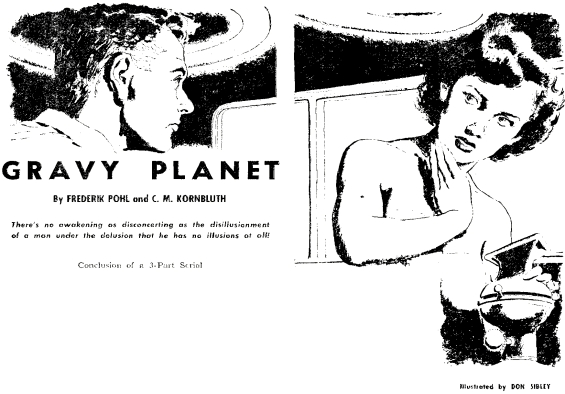
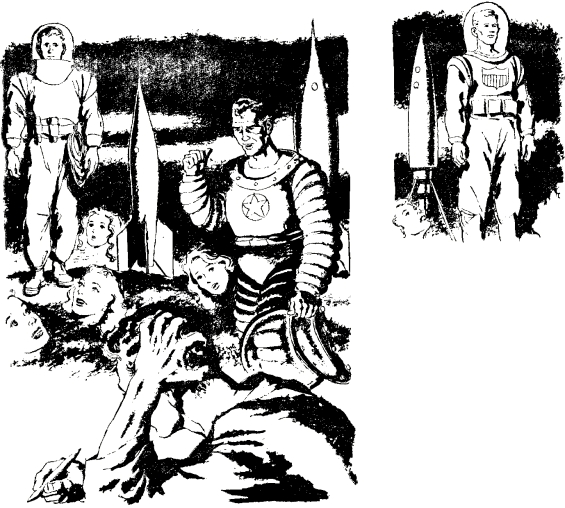
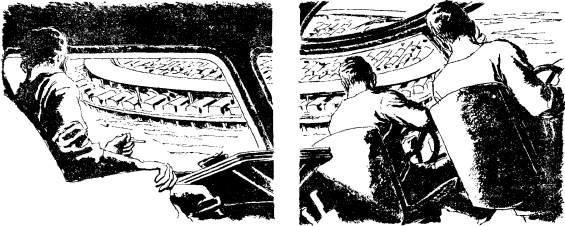
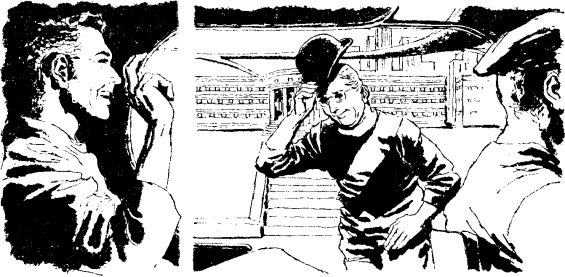
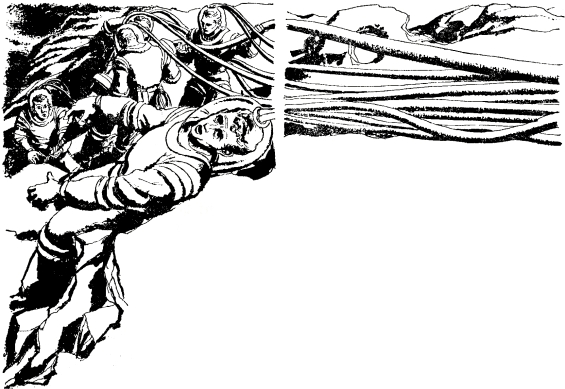


 Killing Castro
Killing Castro